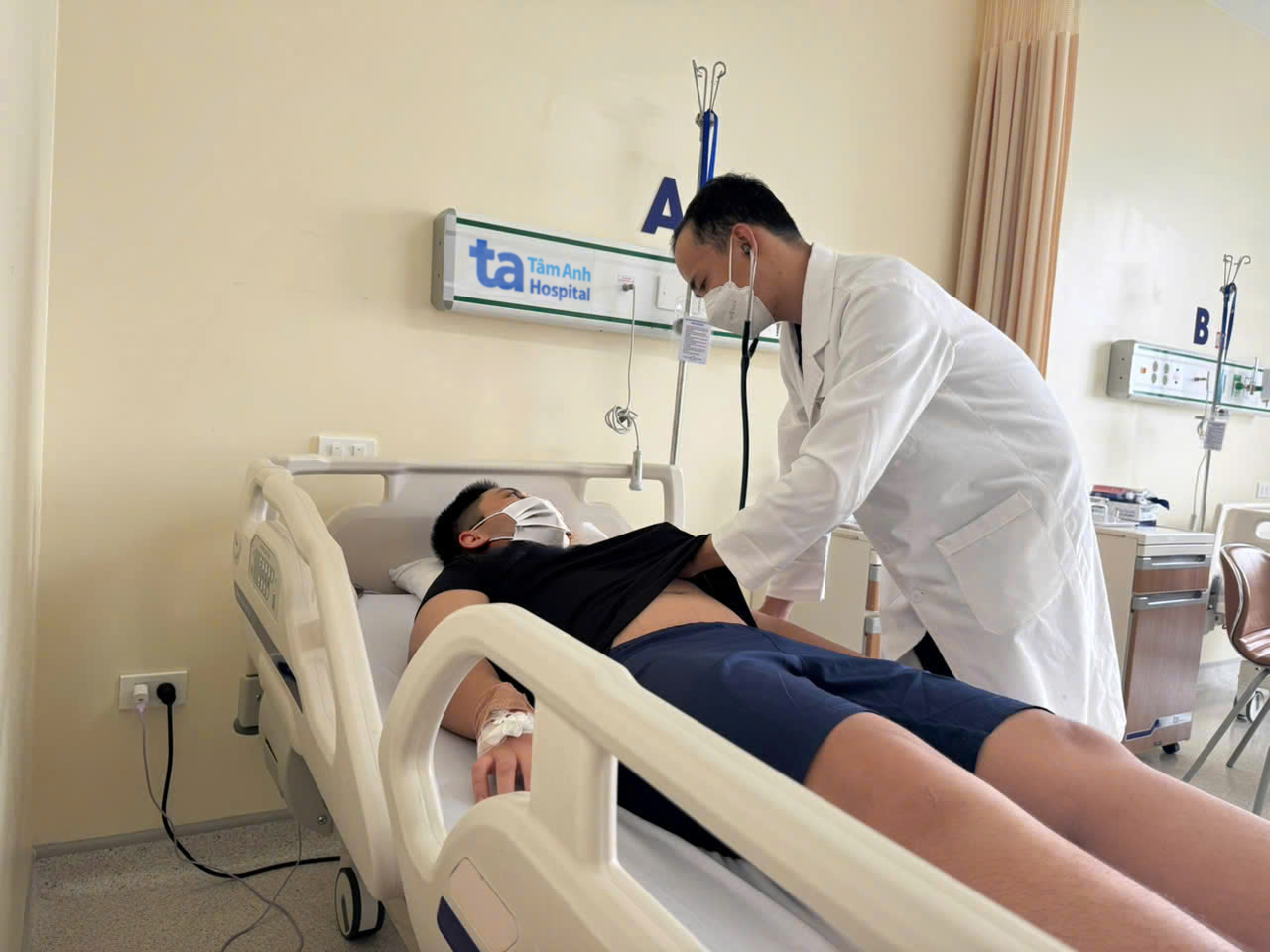Doctor Pham Duc Tuan, from the Pediatrics Department of Tam Anh General Hospital in Hanoi, reported that the young patient showed signs of dehydration, including dry lips and sunken eyes. The diagnosis was food poisoning resulting from consuming contaminated sweet soup that had been stored in the refrigerator for an extended period.
"Refrigeration only slows down the decomposition and growth of bacteria; it doesn't eliminate them. Sweet soup, with its high content of water, sugar, and starch, creates an ideal environment for viruses and bacteria to thrive," Dr. Tuan explained. Certain bacteria, such as salmonella, listeria, escherichia coli, and staphylococcus aureus, can survive in low temperatures, ranging from 0 to -45 degrees Celsius, and cause food poisoning. Therefore, the sweet soup stored for three days likely became contaminated, leading to the boy's illness.
Children have weaker immune systems and underdeveloped digestive tracts, making them more vulnerable to contaminated food, according to Dr. Tuan. Without prompt treatment, severe dehydration, electrolyte imbalance, infection, and systemic toxicity can occur.
The doctor prescribed intravenous fluids to rehydrate and replenish the boy's energy levels. He also received medication to reduce bloating and probiotics to stabilize his gut. After two days of treatment, the patient's condition improved. His diarrhea and vomiting subsided, and he was discharged.
 |
Dr. Tuan examines the patient. Photo: Dinh Hue |
Dr. Tuan examines the patient. Photo: Dinh Hue
Food poisoning symptoms can last for 48-72 hours after onset. In mild cases, once the body eliminates the toxins, symptoms gradually decrease, and the body can recover within a few days. Severe cases may persist until treated.
If a child experiences food poisoning, parents should provide easily digestible foods like soup, porridge, vegetables, fruits, and yogurt to aid digestion. Avoid large meals; instead, offer smaller portions throughout the day to ensure adequate nutrient intake.
According to Dr. Tuan, anti-diarrheal medication should be avoided as diarrhea helps expel the toxins. Using such medication can prolong the presence of bacteria and toxins in the digestive system, potentially worsening the condition. If a child shows signs of worsening symptoms after 12 hours, such as persistent abdominal pain, severe diarrhea, bloody vomit, rapid heartbeat, inability to produce tears, or seizures, immediate medical attention is crucial.
To prevent food poisoning, Dr. Tuan recommends washing hands before meals and after using the restroom. Choose food from reputable sources, check expiration dates, cook food thoroughly, and store it properly. Avoid consuming cooked food, especially those with high moisture content like sweet soup, soup, or porridge, after two days in the refrigerator. Refrigerate food below 5 degrees Celsius or store it at room temperature for no more than 4 hours.
Trinh Mai
* The patient's name has been changed.
| Readers can submit questions about children's health here for doctors to answer. |












